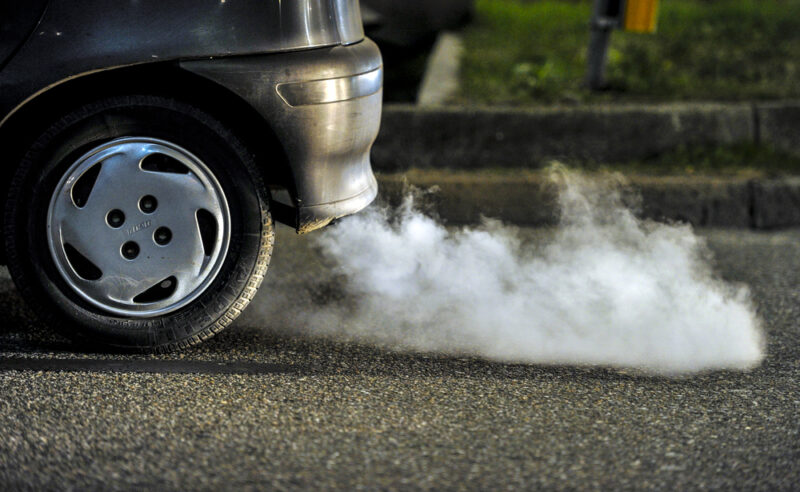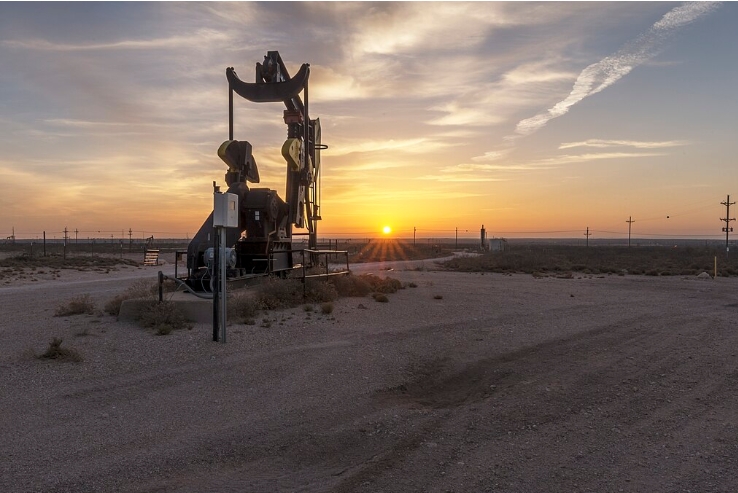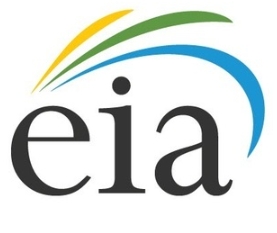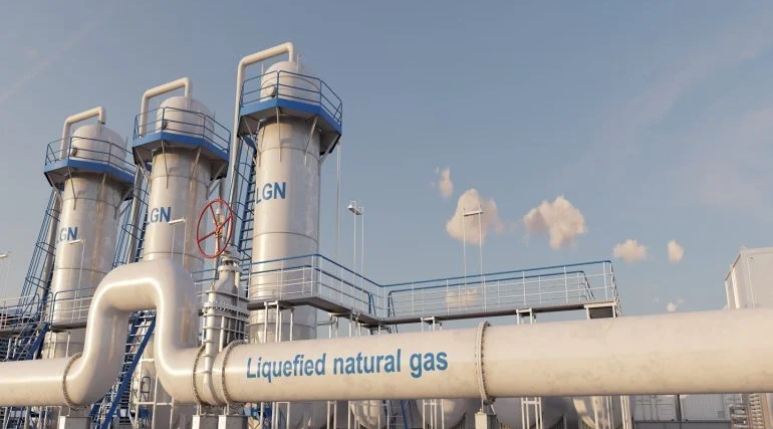
The Federal Government has released its proposal for a new vehicle fuel efficiency standard (NVES), designed to reduce emissions from vehicles and promote cleaner, cheaper alternatives.
The proposal, Cleaner, Cheaper to Run Cars: The Australian New Vehicle Efficiency Standard Consultation Impact Analysis, aims to present the costs and benefits of different options for developing the NVES and ultimately lay out the government’s proposed policy. Approximately one million new cars are sold in Australia each year which are not currently required to meet any level of fuel efficiency.
The government wants to implement a NVES by 2025, which it said means that Australia would catch up to the US average vehicle emissions intensity by around 2028.
The NVES is designed to reduce Australia’s CO₂ emissions by close to 100 million tonnes by 2035, and up to 369 million tonnes by 2050.
Industry comment
The Climate Council has welcomed the proposal.
The Council said that a simple and transparent standard for new vehicles will help get Australia on track to deliver more choice for people in cities and regions by increasing access to all kinds of low and zero emissions cars, vans and utes.
The Council urged the Federal Government to lock in the new settings before the end of 2024 to help Australians start saving.
Climate Council Chief Executive Officer, Amanda McKenzie, said, “This important announcement gets us off the starter’s grid and on the road to cheaper, cleaner transport.
“Many Australians are doing it tough right now, with petrol one of the expenses causing the most financial stress for households. At the same time, pollution from inefficient petrol-guzzling cars is fuelling harmful climate change.
“By giving Australians a better choice of cleaner, cheaper-to-run cars, a strong fuel efficiency standard will cut household costs and clean up our air,” Ms McKenzie said.
Climate Councillor and energy expert, Greg Bourne, said, “A fuel efficiency standard will benefit all Australians – no matter what type of new car they are buying.
“Aussie drivers who have long commutes from our suburbs and regions are hurt the most by high and rising petrol bills. This means they’ll also see the biggest benefits from getting access to a wider range of affordable lower and zero emissions vehicles that are cheaper to run.
“Australians – especially those in our suburbs and regions – deserve access to the same choice of affordable, clean and safe cars that are already being sold in their millions overseas. A strong fuel efficiency standard can help deliver this,” Mr Bourne said.
The Climate Council said that fuel efficiency standards should be accompanied by other policies that support and enable the uptake of low and zero emissions vehicles.







